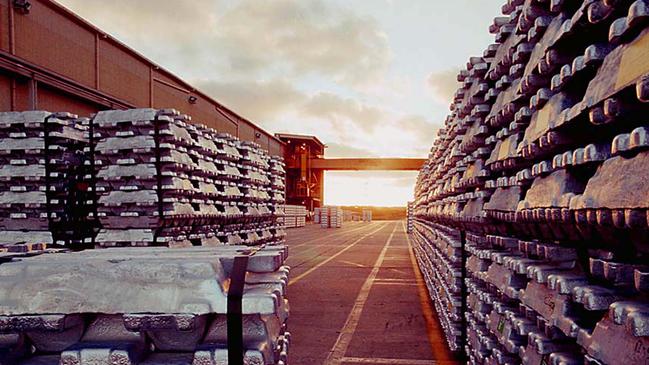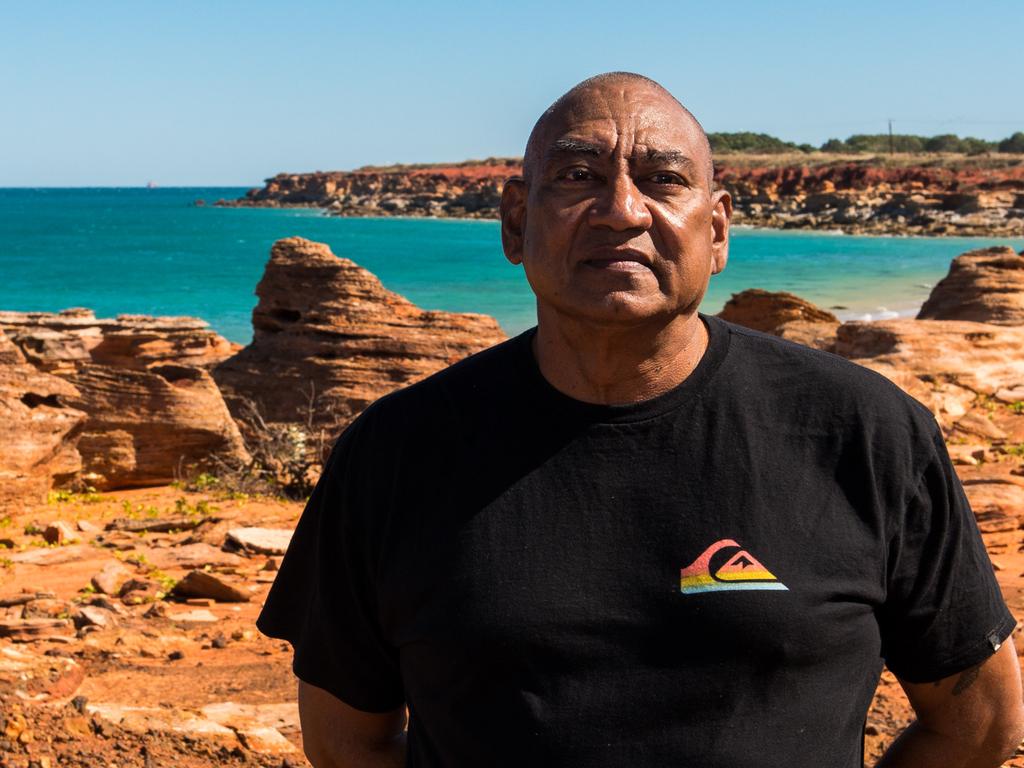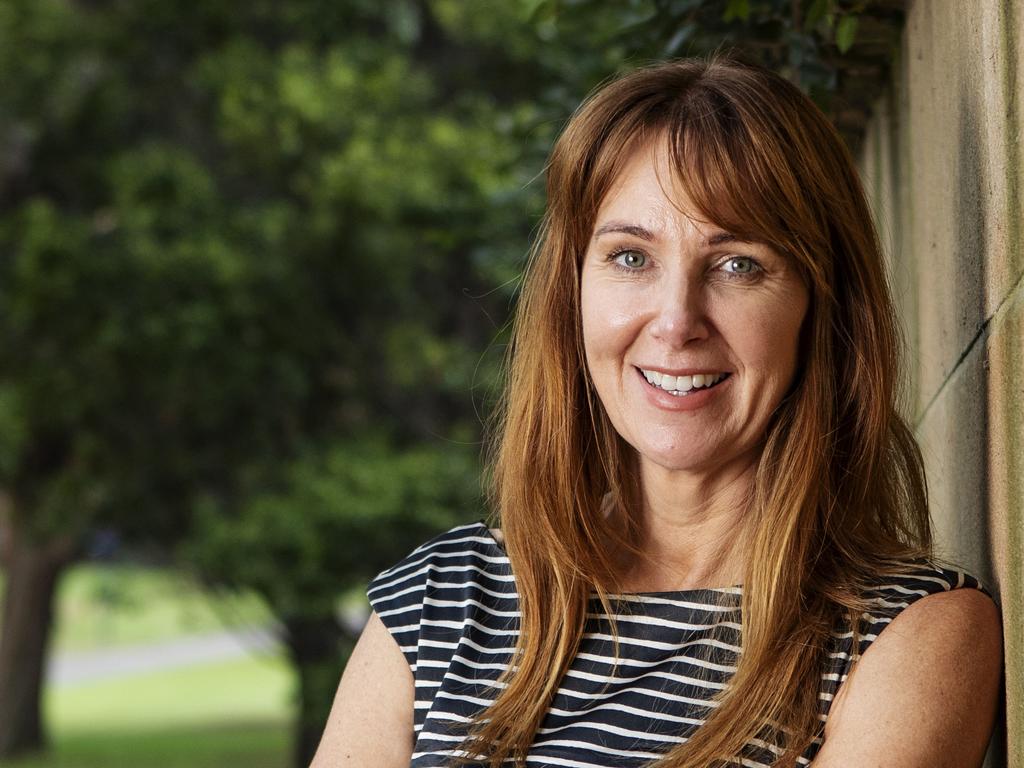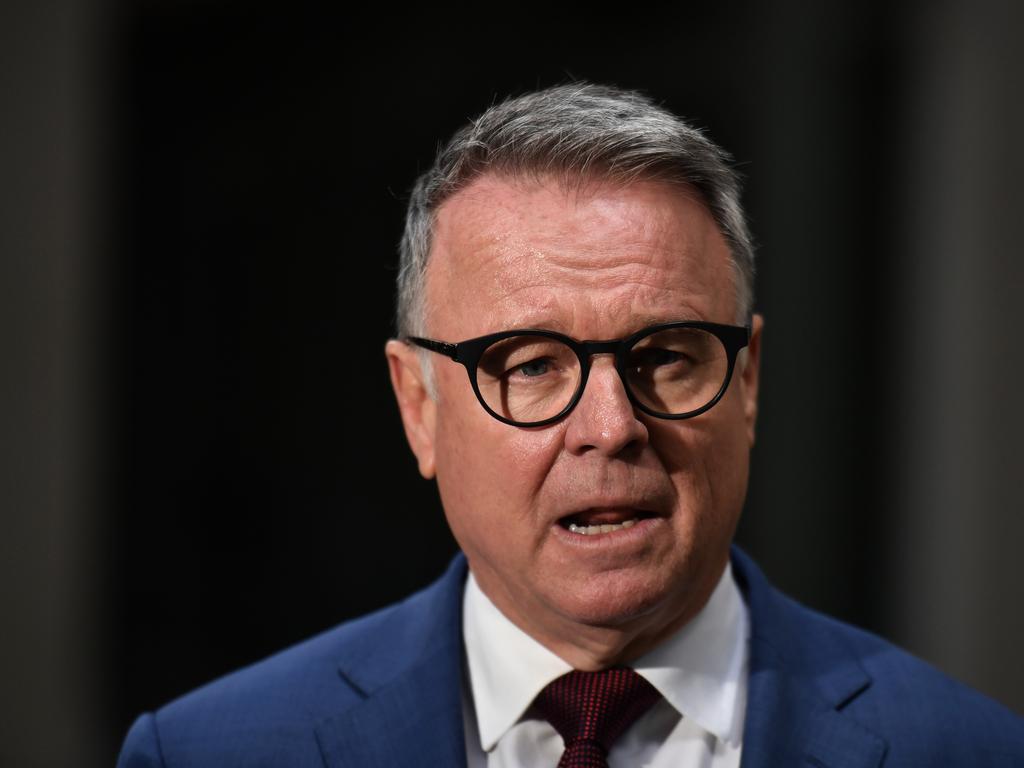Sordid tale of Bahrain bribery haunts Alcoa
At the outset the plan was simple. And while the scheme unravelled in 2008, Alcoa is still feeling the impact today.

For more than 50 years Western Australia’s bauxite mines have been a major supplier of refined alumina to Bahrain’s massive aluminium refinery, controlled by its government and royal family through Aluminium Bahrain BSC, or Alba.
In 1989 Alcoa’s WA operations were supplying about 300,000 tonnes of alumina to feed Alba’s refinery, a figure which had lifted to 1.6 million tonnes two decades later.
But in 2008 that longstanding relationship was rocked by a bombshell $1bn lawsuit filed in Pennsylvania by Alba, alleging that Alcoa’s Australian arm had conspired with Canadian businessman Victor Dahdaleh and corrupt company and government officials to pay bribes to secure contract extensions and inflate the price of the alumina it sold.
The lawsuit was settled in 2012, with Alcoa making a $US85m payment to Alba and revising its contract terms, but the repercussions of the scandal have haunted the company ever since. It has led to investigations and prosecutions by regulators across the globe, criminal prosecutions in Britain and the US, flowing into tax investigations in Switzerland and now Australia.
At the outset the plan was simple. Faced with increasing competition for its sales to Alba, in 1989 Alcoa hired Mr Dahdaleh — who has close relationships with the Bahraini royal family, according to US regulators — as a consultant to smooth contract negotiations with Alba.
In June Mr Dahdaleh was convicted by a Swiss Court of tax evasion . The businessman has denied any wrongdoing and said he will appeal the judgement. According to the US Securities and Exchange Commission a manager at Alcoa of Australia described the consultant as “well versed in the normal ways of Middle East business” and one who “will keep the various stakeholders in the Alba smelter happy …”
But, after the success of 1990 negotiations to extend Alcoa’s supply deal to Alba, the arrangement went off the rails.
According to US court filings by Alba, after the contract was extended in 1993 Alcoa began routing a portion of its sales through a Singapore-based company controlled by Mr Dahdaleh, who allegedly marked up the prices to Alba and pocketed some of the difference, but used the rest to pay bribes to Bahraini government officials and Alba executives.
And after a third extension was agreed in 1996, the tonnage assigned to the shell companies had reached 285,000 tonnes a year — with Mr Dahdaleh’s company simply flipping the invoice with a mark-up, and playing no role in the shipping, marketing or delivery of the product.
It was, according to the SEC, a “sham distributorship” that in the following decade eventually encompassed all of Alcoa’s 1.6 million tonnes of shipments to Alba.
So extended was the relationship, according to the SEC, that Alcoa was forced to extend a fake line of credit to the shell traders, beyond its usual trading terms, to allow them to make payments to Alcoa of Australia only after payment was received from Alba.
In exchange the shell companies were paid healthy commissions — worth $US493,509 in 2002 to 2004 alone — and passed on bribes to corrupt officials and Alba executives. And while the scheme unravelled in 2008, Alcoa is still feeling the impact today.






To join the conversation, please log in. Don't have an account? Register
Join the conversation, you are commenting as Logout